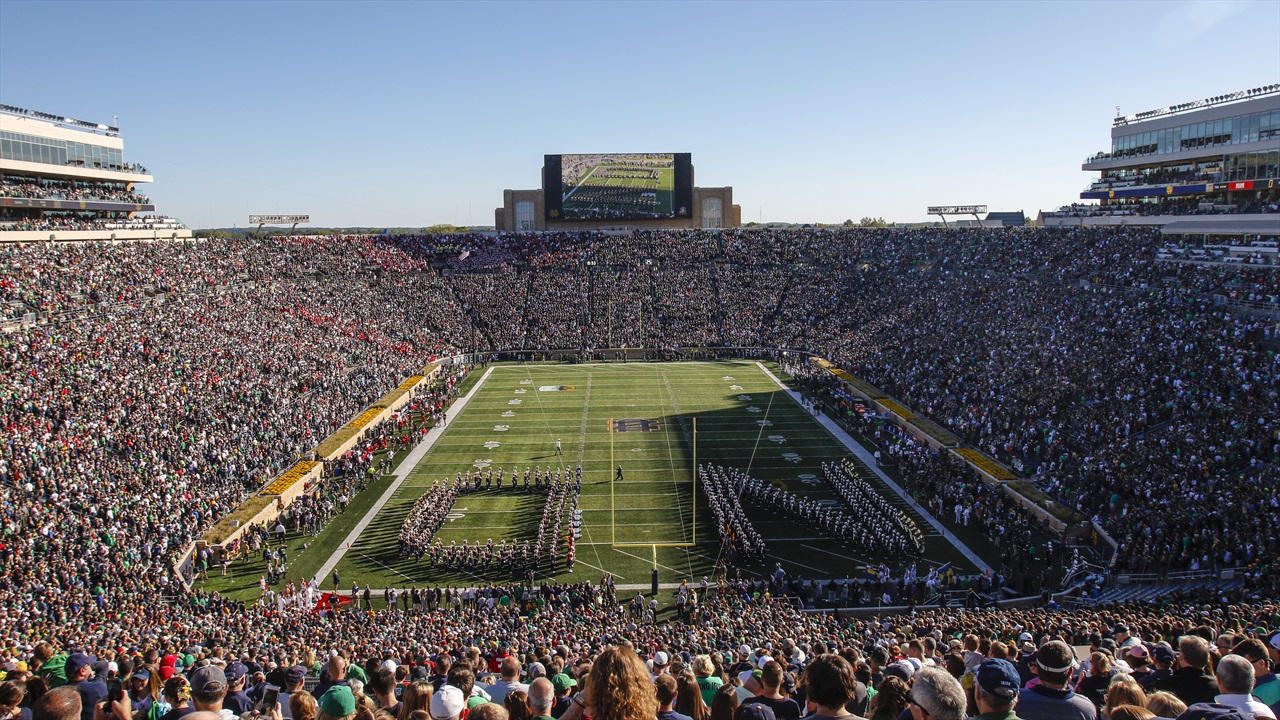
NCAA sets quarantine, other guidelines trying to save fall sports
The NCAA on Wednesday issued its third set of guidelines for its member institutions moving toward fall sports, with a notable emphasis on COVID-19 testing procedures to occur three days prior to scheduled athletic competitions.
Both football and soccer are considered “high-contact” sports that would require the mandatory testing 72 hours in advance of scheduled events.
The most notable additional measures include: daily self-health checks, such as temperature checks and more, as well as social distancing measures; appropriate use of masks or other facial coverings during meetings, training and beyond the athletics venues.
Institutions and programs also must have testing protocol in place for the pre-season, regular season and postseason of the respective sports.
“Any recommendation on a pathway toward a safe return to sport will depend on the national trajectory of the COVID-19 spread,” NCAA Chief Medical Office Brian Hainline said. “The idea of sport resocialization is predicated on a scenario of reduced or flattened infection rates.”
Added NCAA president Mark Emmert in the organization’s release, “This document lays out the advice of healthcare professionals as to how to resume college sports if we can achieve an environment where COVID-19 rates are manageable.
“Today, sadly, the data point in the wrong direction. If there is to be college sports in the fall, we need to get a much better handle on the pandemic.”
The NCAA also encouraged the use of face shields, such as the new Oakley-brand device recently unveiled for potential use this season in the National Football League, saying, “Although face shields are not proven to offer the same risk mitigation … they should be integrated into sport whenever feasible.”
Student-athletes or personnel considered at “high-risk exposure must be quarantined for 14 days,” per the NCAA guidelines, and also says its member institutions need to follow CDC guidelines for reintegrating someone into practice and competition after the result of a positive test. The CDC lists a current 10- to 14-day plan for those who have tested positive for COVID-19.
The NCAA used both its COVID-19 Advisory Panel and the American Medical Society for Sports Medicine COVID-19 Working Group to develop the document, its third such publication in its broad-based guidelines and recommendations for navigating the pandemic.
In addressing the need for daily self-health checks, the NCAA outlines a series of characteristics individuals should monitor with COVID-19 awareness in mind: shortness of breath or difficulty breathing, cough or other respiratory symptoms, headaches, chills, muscle aches, sore throat, congestion or runny nose, new loss of smell or taste, nausea, vomiting or diarrhea, pain, redness or swelling in the hands or toes; rashes or other skin symptoms; a temperature at or above 100.4 Fahrenheit; high-risk exposure in direct contact with someone infected or if having attended a large social gathering that lacked suggested masking protocols and/or physical distancing measures.
Across the country, though not specifically outlined in the NCAA release, football programs are making adjustments to standard gameday procedures as part of their work to find a solution to conduct the upcoming season. The team boxes on sidelines, previously stretching from 25-yard line to 25-yard line, are expected to grow by 10 yards in each direction in order to promote more social distancing on sidelines during games. Leagues also are undertaking measures to alter their pre-game warmup procedures, with the SEC moving to ban all players from warming up on the field without a shirt, according to documents obtained by Irish Sports Daily.
“With each day that the country doesn’t get a better handle on the pandemic, the risk to the fall (college football) season grows,” ND athletics director Jack Swarbrick told the Wall Street Journal this week.